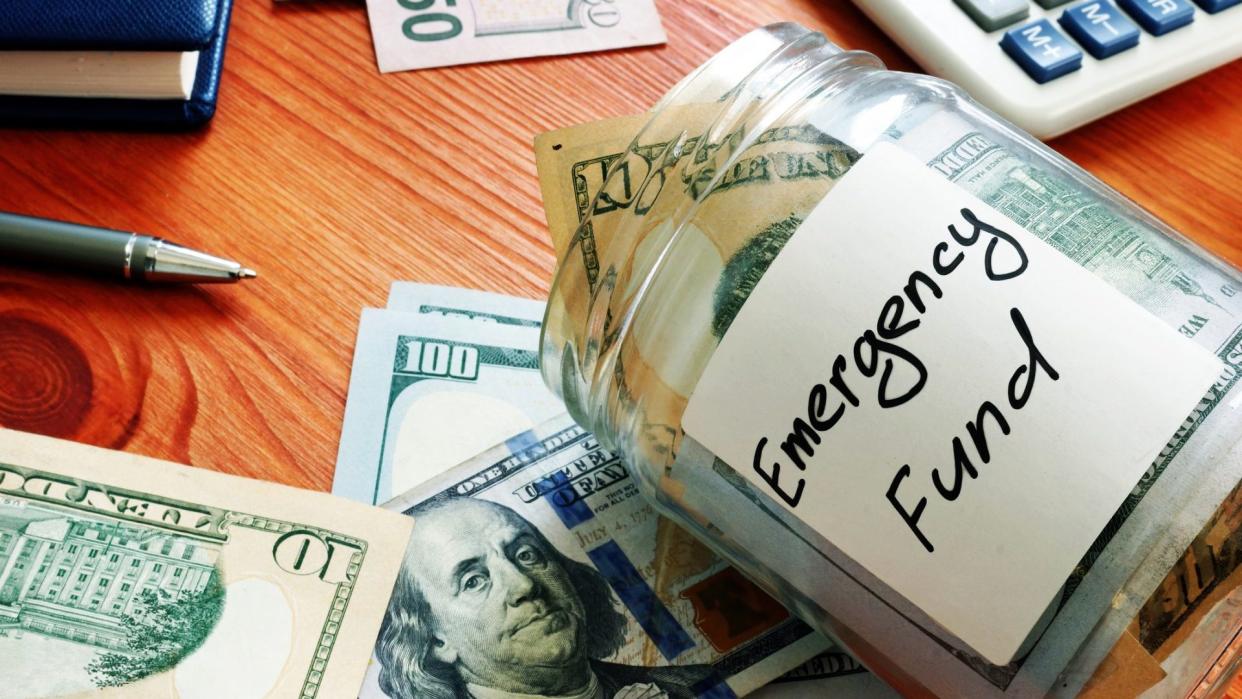5 Key Expenses To Consider When Building an Emergency Fund

An emergency fund can be the difference between financial stability and disaster. A well-funded emergency savings account can help you cover financial emergencies without using high-interest debt, which can hinder your ability to build wealth.
Check Out: 6 Valuable Everyday Items You Should Never Throw Away
Read Next: 4 Genius Things All Wealthy People Do With Their Money
Even if you have an emergency fund, you might not have considered all the expenses you may have to cover with it. Here’s a guide on how what to think about when adding money to your emergency fund.
1. Lodging
Whether you’re a renter or own a home, having anywhere from three to six months of payments in an emergency fund is a good idea. This way, if you lose your income due to job loss, a medical emergency or a natural disaster, having extra money for lodging can be a lifesaver.
You should also tabulate your monthly expenses for utilities and other related living expenses to avoid account delinquency or disconnection.
2. Medical Expenses
Even if you have health insurance, you should still sock away funds for medical expenses. These extra monies could cover deductibles, co-pays, and out-of-pocket maximums that can quickly add up during an extended medical emergency or severe illness. Also, your policy may not fully cover some medical costs, leaving you on the hook to cover the rest.
Don’t forget to add your pets’ potential expenses here. Veterinary care can be expensive, especially in emergencies like sudden illnesses or injuries. Again, your pet health insurance can cover many things, but in the case of severe issues, you may still have to come out of pocket.
3. Transportation Fees
Expenses for daily commuting, like fuel and public transportation fares, can add up quickly, especially if a sudden job loss or other emergency impacts your regular income. You should allocate funds for potential emergency travel, such as last-minute flights or long-distance trips, in case of an evacuation or the need to help a family member.
4. Maintenance
If you own a home or vehicle, you should set aside money to cover things like maintenance and repairs. For a car, it may look like saving money for regular oil changes and repair service appointments. For a home, you should have an ample emergency fund to cover big and small items that might break or require repairs at some point.
5. Other Essentials
You should also add everyday living expenses to your emergency fund. Here’s a list of things you could overlook:
Groceries
Personal care items
Replacing worn-out clothing
Emergency childcare
Legal fees and taxes
Recreation and stress relief
Ensuring these basics are covered means you’ll be better prepared to handle whatever financial emergencies life throws your way without sacrificing your financial well-being.
More From GOBankingRates
Barbara Corcoran: 3 Cities To Invest in Real Estate Now Before Prices Skyrocket
This is The Single Most Overlooked Tool for Becoming Debt-Free
This article originally appeared on GOBankingRates.com: 5 Key Expenses To Consider When Building an Emergency Fund
